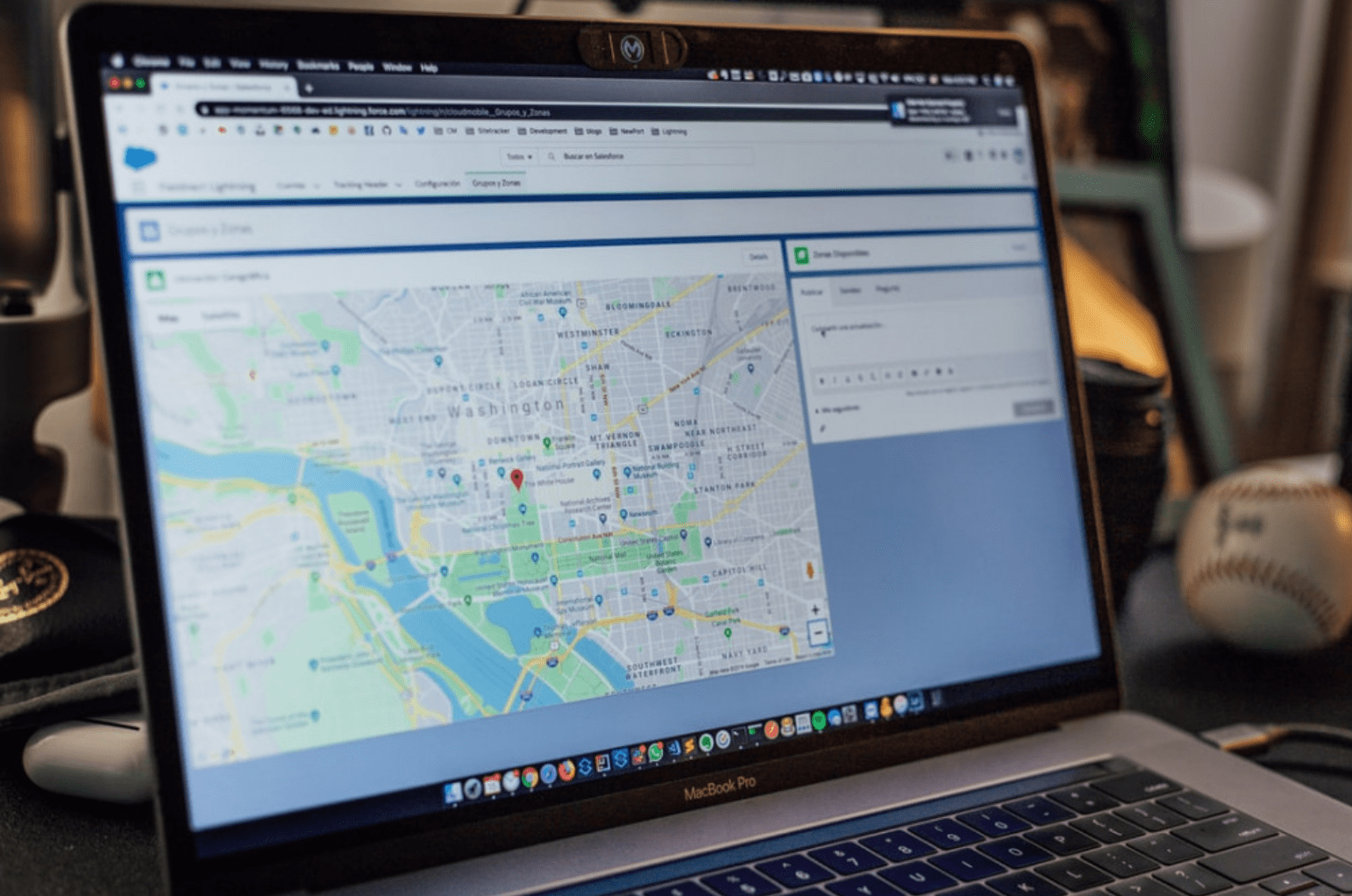You can see the light at the end of the tunnel. Retirement age is near. You will finally have time to do what you always wanted and spend more time with the family. Before you take the plunge, you should be aware of 5 retirement expenses that may shock you.
From taxes you didn’t count on, to healthcare bills you didn’t plan for, these additional expenses could have a high impact on your budget. Home maintenance can also become an issue in some cases, and you should be prepared to weather a financial storm the best you can.
My wife and I decided to retire early and had to do quite a lot of homework before to make sure the decision made sense. This list shows some of the expenses we went over as part of our retirement planning.
1. Additional Healthcare Expenses

Naturally, as we get older, our health deteriorates, which results in additional healthcare costs. Unfortunately, healthcare in the US is expensive.
You can’t anticipate the actual healthcare cost you will need after you retire, and planning for the worst is not necessarily the best strategy. However, we should all be aware of the average healthcare costs and budget accordingly.
A report from RBC Wealth Management shows the following data, which is helpful for retirement planning. These are expenses and data on health care at age 65.
| Concept | Amount |
| Healthy couple annual out of pocket expenses | $11,400 |
| Projected lifetime cost of care for a healthy 65-year-old | $404,253 |
| National annual median cost for a semi-private room in a nursing home | $90,155 |
| Length of average nursing home stay | 2.5 years |
Based on this data, it would be best to have an additional $11,400 annually after paying for everything else. It would also help to have about $200,000 set aside if we need to be in a nursing home.
Unfortunately, most people are not ready to cover these extra expenses. A Northwestern Mutual’s study shows that 33% of people near retirement age only have between $0-$25,000 in retirement savings.
At 65, you will qualify for Medicare, but not all parts of Medicare are free. Parts B and D, covering outpatient services and prescriptions, can be costly.
If you need long term care, you essentially have three options to fund it.
- Long-term care insurance: An insurance policy that may help pay for various types of long-term care. As with any other insurance, you need to understand what is cover and what is not.
- Personal resources: If you don’t have insurance, this is typically your second option.
- Medicaid: Medicaid is the last resort for people with limited income and resources. If you qualify for Medicare and Medicaid, most health care costs will be covered.
2. Unexpected Income Taxes
You work hard and pay into social security with every paycheck. You would think that amount is not taxed. Think again.
According to the Social Security Administration, as of this writing, individuals making more than $25,000 and married couples filing jointly making $32,000 must pay federal income taxes on their Social Security benefits.
Depending on your income level, up to 85% of your benefits may be taxable. You may also have to pay State taxes; as of this writing, 13 states also tax portions of your Social Security.
Another income tax expense to consider comes from tax-deferred accounts. You were happy to put money into a 401(k) or traditional IRA because you didn’t pay taxes on that income. But now that you have retired, the government says it is time for you to pay taxes on your withdrawals. You will need to plan for that too.
Don’t also forget that if you own a home, you need to continue paying for property taxes.
This is when hiring a competent financial advisor you trust comes in handy. Of course, the sooner you engage one of these professionals, the better your financial outcome may be.
3. Income Loss Due to Spouse Death
Unfortunately, sooner or later, if you have a significant other, one of you will die. And the surviving spouse may have to survive without the benefits and income from the other spouse.
The biggest problem usually happens when you didn’t pay off the mortgage while you both were alive. That, combined with house maintenance costs, can create an enormous financial burden.
To prepare for this predicament, spouses should make an appropriate financial plan with the help of a trusted and competent professional.
4. Home Maintenance
When employed, people can buy or build their homes, and frequently they stretch their budget a bit to have a home they always dreamed of.
Maintaining a house can be pricey. We all know how expensive it can be to replace major appliances or fix the roof. Having a home warranty policy that covers this may help, but not all expenses are covered.
These additional expenses can significantly impact your budget, especially if you rely on a fixed income.
There is no simple way to overcome this problem. Plan in advance, prepare a budget for home maintenance and try to be ready for the cost when it comes up.
5. Additional Spending on Your New Everyday Life
Depending on your job, there is a chance that you had some benefits provided by the company. Maybe a car or a mobile phone. Some of you probably had free or subsidized lunch at work. These costs may not seem very high but can be a significant amount depending on your retirement’s budget, and you will have to pay for them.
Based on information around the internet, some people believe that when you retire, you will spend about 75% of the budget you had while working. The truth is that that may be the case for some people, but may be very different for other people.
If you don’t have substantial savings, traveling, having a car, and occasionally eating in nice restaurants may not be possible.
As you get older, so do your children. And eventually, you will have grandchildren. Naturally, you want to participate in their lives, take them on weekend trips, and enjoy all this free time you finally have. Taking grandchildren to amusement parks, buying them gifts, or even financially helping your own children could drain your savings fast.
If you decide to spend more time at home, your utility bills could increase. Suddenly, you will notice higher heating cost. When you were employed, the house was empty most of the day. These costs are not that high, but you could face a problem when added to all other costs.
Closing Thoughts
Someone said that personal finance is more “personal” than “finance”.
I agree.
It doesn’t matter what personal financial rules of thumb are there. Ultimately you will have a unique set of activities you would like to enjoy. You need to anticipate those activities, consider the other unexpected expenses mentioned here, and budget for them accordingly.
Related Posts:




